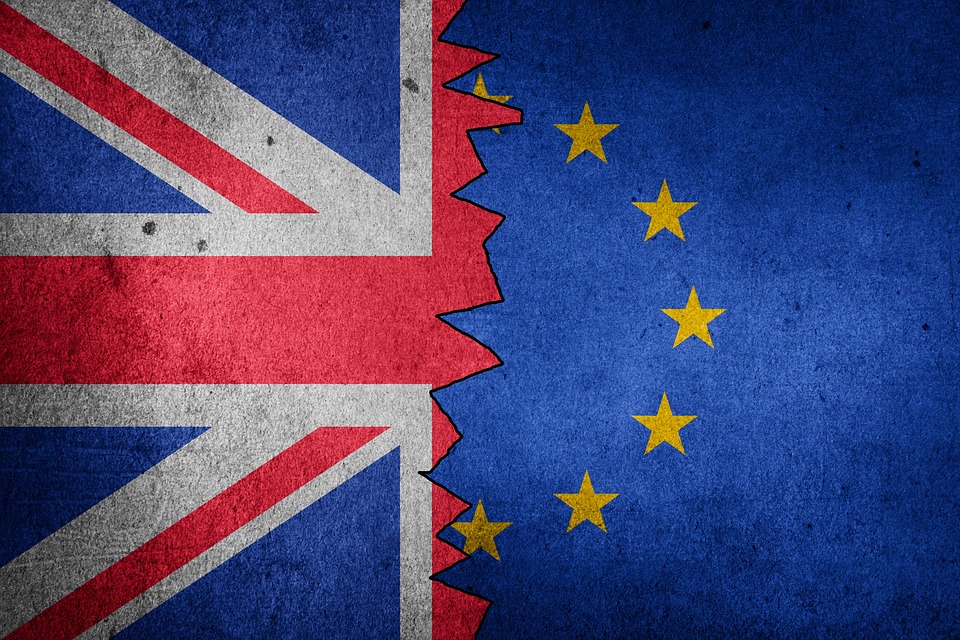BREXIT: Impact on Young Europeans

The UK left the European Union officially on January 1st, 2021. The deal, best know as Brexit-deal, has important consequences and implication for young Europeans and UK youngsters too.
Back in January 2020, the UK started the transition period. Complex rounds of negotiations began, to reach a deal around the conditions of Brexit. From the start of the negotiations between the UK and the EU, the European Youth Forum has stood in solidarity with all of the young people inside and outside the UK who may be affected by the decisions. Despite the initiative, however, those who are more likely to deal with the Brexit’s consequences for the longest time, have been also cut off the dialogue.
The aim of the European Youth Forum was to secure the rights of young Europeans, such as freedom of movement, and participating in learning exchanges. Maintaining meaningful funding opportunities, such as the Erasmus Plus programme and European Solidarity Corps, to mention the most well-known.
Brexit has a strong impact on young Europeans. Leaving the EU means, for UK youngsters, to lose the EU membership opportunities and rights, particularly in the area of human and civil rights, cross-border families, travel, work, education and trade. The implications for all Europeans are wide and not completely clear so far. We will try to summarise them.
Students and mobility
The UK has announced the decision to leave the Erasmus Plus Programme. As a consequence, UK students lose the possibility to join the programme. The same fate for European students willing to go studying to the UK under the Erasmus Plus. The UK Government has then introduced a new programme, replacing Erasmus Plus. The Turing scheme, named after Alan Turing, through which UK students will have the possibility to go to European universities and broader, to other important universities in the world. Interesting to note that the Turing scheme is a one-way scheme. It does not fund students going to the UK.
From 2021, students will be allowed to continue benefiting from grants until their end date. As long as funding is awarded before the end of 2020, students and staff will be able to go ahead with their exchanges.
Apart from that, Northern Ireland students can continue to benefit from the Erasmus Plus programme under the agreement with the Irish Government. But the details of how the scheme will work and which students will qualify is not yet clear.
Youth exchanges
The negotiating “chapter” that includes educational exchanges had closed without agreement. Therefore together with the Erasmus Plus programme, the UK left also any other EU-funded exchange programme, including European Solidarity Corps.
Youngsters can continue to undertake mobility to other countries, i.e. EU Member States, plus Liechtenstein, Norway, Iceland, Turkey, North Macedonia and Serbia, until the projects finish or until the funds have been exhausted.
Travelling
With the UK opting out the European Single Market, the right of freedom of movements falls. According to the new immigration policy, tourists can visit the UK for up to six months without a visa. They must also show up a valid Passport. Passports must be valid for the duration of the stay, and visitors may be asked for details of accommodation arrangements, financial support and return journeys. On the other hand, UK travellers will be treated as third-countries citizens.
Studying in the UK
EU students going to Britain will need a visa for courses longer than six months, and will have to pay steeper tuition fees. They will no longer have access to the loan schemes of the British government and therefore have to pay much higher fees.
Read also
Studying Abroad: European Higher Education
European Solidarity Corps 2021-2027: New Opportunities to Volunteer
